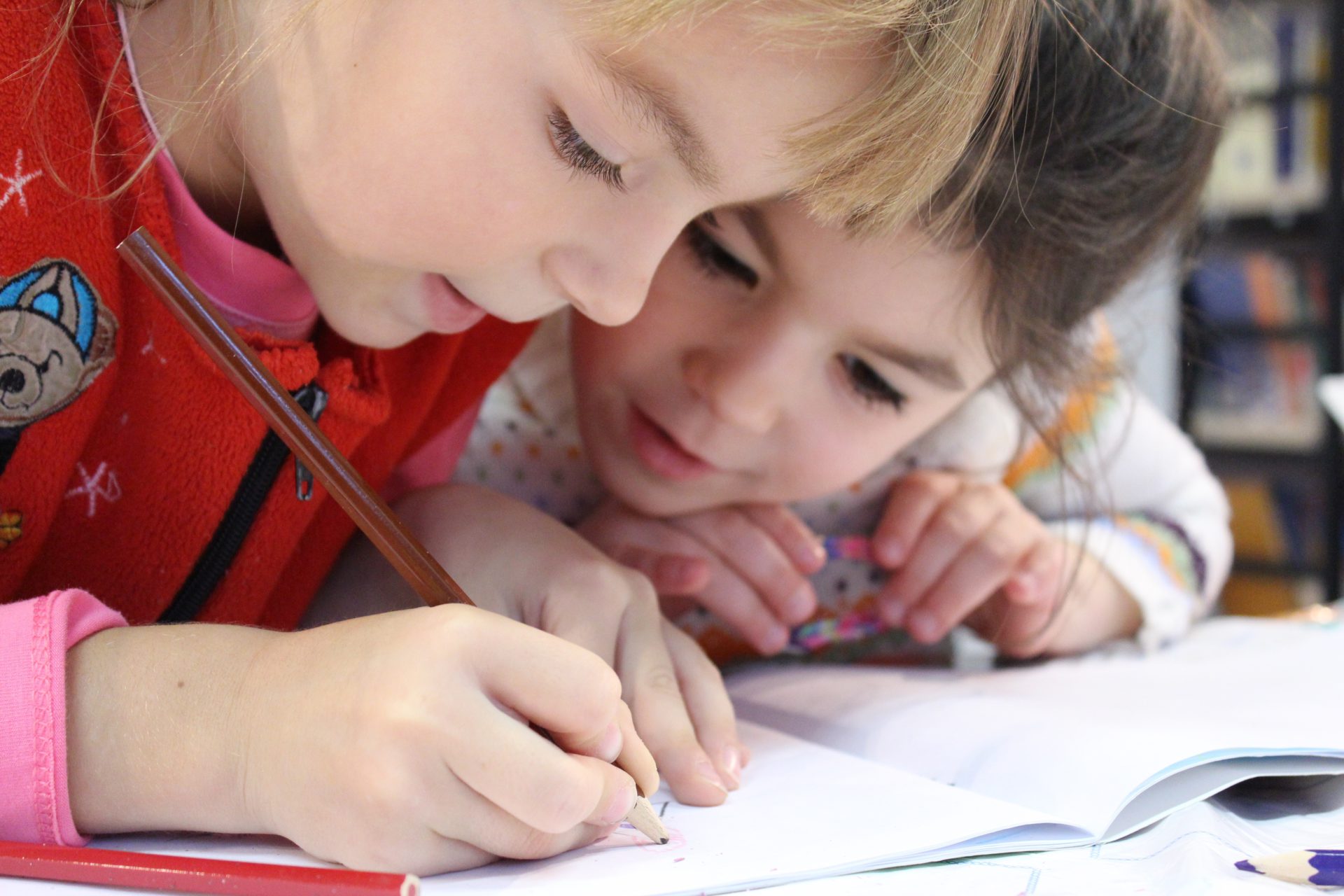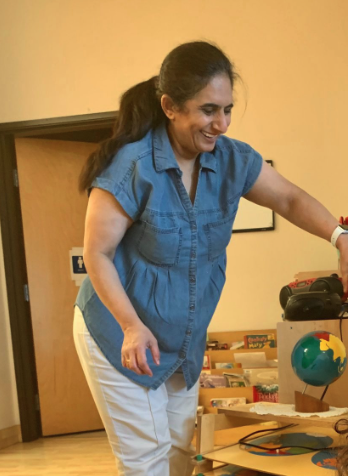
3 Tips for Returning to Daycare in Plano, TX
Parents are going back to work and will soon send their little ones back to daycare facilities. So, how do you prepare for this after months of self-isolation?
The long stay at home may seem like an extended vacation with dad and mom, which might make going back to childcare hard for some children. This requires some adaptation period for children because the daycare environment today is different as a result of safety measures implemented.
So, what extra safety measures can you expect to find at a daycare in Plano, TX?
New Guidelines for Daycare in Plano
The Texas Executive Commissioner of Health and Human Services Commission adopted Title 26 Texas Administrative Code §745.10005 early in the pandemic. They temporarily adopted this code to make sure daycare operations met specific safety and health guidelines.
The code intended to keep families, staff, and children in childcare centers safe during the coronavirus spread. Lifting restrictions at daycares is a welcome change for many families. The state of Texas is opening back up as vaccines become available and many families and staff are ready to make their way back to normality again.
Expect to see many adjustments as a return to normal life continues. However, the one thing that should not change is the Plano daycare operation’s dedication to offering excellent care to children.
3 Tips to Help Your Child Prepare for the Return to Daycare
It is perfectly normal for a parent to worry about the disease and their kid going back to daycare. However, you should not always communicate these worries directly to your child. Instead, talk to your partner, a family member, or a friend, but avoid having worrying conversations in front of your young one.
Children adapt to new situations faster and better than adults. Trust them.
Remember, daycare facilities are beneficial to a child’s development in several ways. These include developing their social, language, motor, and autonomy skills. Also, remember that returning to daycare is voluntary.
Parents who are too worried about the daycare environment can always keep them at home. When daycare is not an option, the American Academy of Pediatrics and the Texas Health and Human Services Department advise child care providers on ways to keep children and staff safe.
There are things you can do about your toddler who is just getting used to the home environment and might prefer it. Here are three tips to help them transit when the time comes.
Break the News
You do not have to inform kids too long in advance. Wait until they have a day or two before going back to Plano daycare. However, paint it in a positive light.
Start with an opener like “You said you miss your daycare friends. I have good news for you. You can go back and play with them tomorrow!”
It is also important to talk about the changes they will find at daycare. For example, explain why you might not be allowed to walk them into the room. Your kid may not find all their friends there and the educator may have protective equipment such as a mask.
Now is a critical time to seek a full partnership with the daycare facility. Make sure you are aware of the daycare facility’s procedures so you can explain these changes to your child.
Check-in With the Childcare Provider
You need to be comfortable with how the center cleans and disinfects its facility. Many will have procedures for screening children and staff for symptoms and handling illness. A center that takes proper safety steps will probably not fuel the spread of the virus in the community.
Check with the center and ask about:
● Their cleaning and disinfecting procedures – Make sure they are following CDC recommendations to keep surfaces germ-free. The procedures should include cleaning and removing disinfectants from the toys kids play with and use.
● Health screening and checks – Whether they carry out daily health checks that include taking the temperature.
● Testing and isolation procedure – If someone needs to get tested when they get sick and how long the sick individual stays home from childcare. Is there an isolation room with proper supervision for children who get ill? What is the policy for staff and children returning to the facility after getting better?
● Visitation – Find out whether consultants such as physical or speech therapists work with kids via virtual options. Ask whether spaces for breastfeeding babies are well-ventilated and separate from the rest of the facility.
Reassure Your Child
Answer your child’s questions when they have them. Giving your young one more information than they are ready to hear can provoke anxiety.
Reassure children scared of catching the diseases. This entails telling them they need to be careful about frequent hand washing. You can also reassure them by explaining that the virus usually affects the elderly.
Kids may worry about an additional fact. They are getting separated from their parents after spending several weeks together. So, do not be surprised if your little one reacts to the prospect of returning to daycare.
Use the same strategies as when the child first started attending daycare. If possible, adopt a progressive return to the daycare center. This strategy involves taking your kid to the center for short periods and then gradually increase.
Ask if the child can carry Montessori-friendly toys and transitional objects, such as a scarf or blanket that smells like their parents, to the facility. These objects are reassuring for toddlers. Consider leaving a family picture they look at when they miss their parents.
When the child’s routine has significantly changed over the last few months, use the next couple of weeks to get back to the old daycare routine. Consider putting your kid to bed earlier and feeding them at the same time they eat at the daycare facility. These details will help them adapt to their return to Montessori daycare.
Make the Transition Easy for Your Kid and Yourself
Be supportive and rely on a support system. Do not forget that as your kid transitions back to their daycare in Plano routine, you are also adjusting and transitioning. Take care of yourself, understand your emotions, and get help when you need it.
If you would like to find out more regarding kids returning to a Montessori daycare in Plano, TX, call American Montessori today!
Learn more:
5 Benefits of Montessori Daycare for Toddlers
American Montessori’s Yelp Business Award

Executive Director at American Montessori Campus
I have a life long passion of teaching kids. I received my Montessori certification in 1996 from American Montessori Society. We started AMC in 2007 and have grown to be the premier Montessori in Plano, Texas.